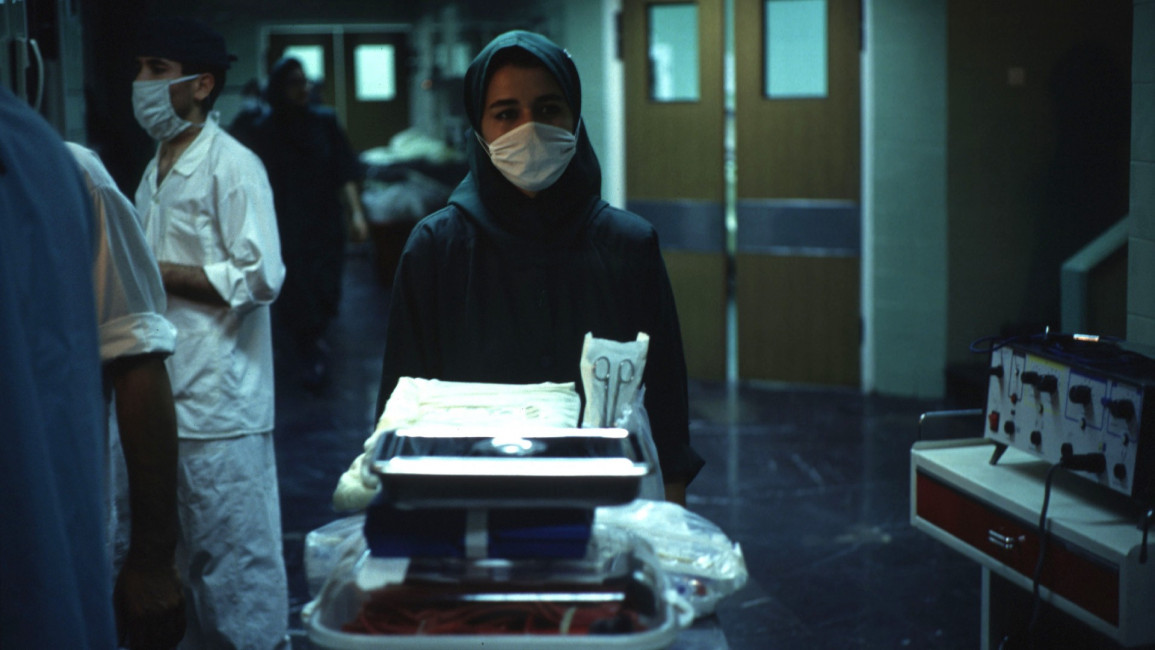WHO warns of deadly second wave of coronavirus across Middle East
As winter nears and coronavirus cases surge across the Middle East, the regional director for the World Health Organization said Thursday the only way to avoid mass deaths is for countries to quickly tighten restrictions and enforce preventative measures.
In a press briefing from Cairo, Ahmed al-Mandhari, director of WHO’s eastern Mediterranean region, which comprises most of the Middle East, expressed concern that countries in the area were lowering their guard after tough lockdowns imposed earlier this year.
The fundamentals of pandemic response, from social-distancing to mask wearing, "are still not being fully practiced in our region," he said, adding that the result is apparent throughout the region’s crowded hospitals.
Noting that the virus had sickened over 3.6 million people and killed more than 76,000 in the region over the past nine months, al-Mandhari warned "the lives of as many people — if not more — are at stake," urging action to "prevent this tragic premonition from becoming a reality."
More than 60% of all new infections in the past week were reported from Iran, which has seen the worst outbreak in the region, as well as Jordan and Morocco, he said. Cases are also up in Lebanon and Pakistan. Jordan, Tunisia and Lebanon have reported the biggest single-day death spikes from the region.
From Pakistan, Faisal Sultan, special assistant to the prime minister for national health services, told reporters the winter surge had arrived.
|
Although Pakistan managed to control the outbreak with targeted restrictions earlier this year, the forecast turned more alarming as the country unlocked, he said.
"The second wave is just as risky if not more than the first," Sultan said, adding that winter in Pakistan brings an increase in social interaction, with schools, events and wedding parties in full swing."There is a sense of complacency and fatigue in compliance."
Tunisia is another country that thought its worst virus days were in the past, only to see cases soar in recent weeks. It loosened restrictions in a bid "to cautiously coexist" with the virus, said Faycal Ben Salah, director general of health, after officials decided the lockdown was killing the economy and creating "catastrophic social consequences."
While al-Mandhari cautiously welcomed news of viable vaccine candidates, he said the pandemic was far from over.
"We cannot — and should not — wait until a safe and effective vaccine becomes readily available for all," he said.
"We simply do not know when this will be."
Follow us on Facebook, Twitter and Instagram to stay connected



